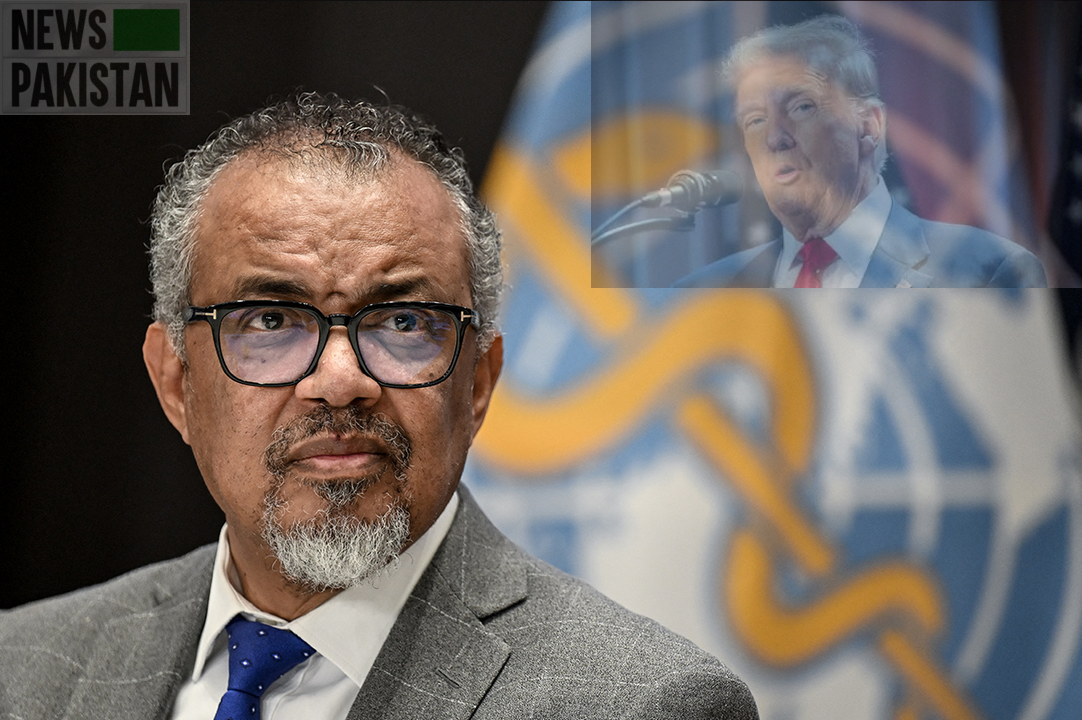KARACHI (NPTV/UN): Since on Thursday (13th June, 2024) the world is observing the International Albinism Awareness Day (IAAD) for the tenth time, UN has decided to celebrate the strides made with renewed commitment for the future.
Muluka-Anne Miti-Drummond, the UN Independent Expert on the enjoyment of human rights by persons with albinism, made the following statement:
“For the past decade, we have made remarkable headway in highlighting the human rights concerns of persons with albinism – a feat that could not be achieved without the valuable partnerships and collaboration forged among persons with albinism and stakeholders who have been important allies in this endeavor.
“It is apt that this year we celebrate under the theme 10 Years of IAAD: A Decade of Collective Progress. Significant strides have been made in combatting stigma, discrimination and violence experienced by persons with albinism.
“In the past decade, the inclusion of persons with albinism in human rights discourse and decisions, also within the disability movement, have been encouraging to witness. However, we also recognise that the journey to a more equitable world for persons with albinism continues to be marred by significant challenges and difficulties.
“Persons with albinism are still among those who are left furthest behind when it comes to the SDG promises and there is still a dire need to strengthen their protection in legislation and policies, as well as their inclusion in data collection, public awareness campaigns and representation in all spheres of society.
“All of these efforts contribute to debunking dangerous myths and misbeliefs that have been among the root causes of discrimination and marginalization against them.
“While we need to capitalize on the gains that have been made so far, we recognize that there is still much work to do. Ongoing prejudice, and violence against persons with albinism in various parts of the world is still concerning.
“I continue to receive cases of attacks and killings, often perpetuated against the most vulnerable in our societies – our children. With regard to health challenges, the struggle remains for many persons with albinism to access a simple bottle of life-saving sunscreen — an affordable luxury in some regions.
“This indicates how much work still remains in our pursuit to alleviate the plight of persons with albinism.
“Reflecting on the achievements of the past 10 years, means we must also renew our commitment to address the remaining challenges adversely impacting the rights and well-being of persons with albinism.
“This requires a multi-faceted approach that engages all of us – the collective – and which will require more awareness-raising, education, advocacy, legislative and policy reforms, and community engagements.
“In commemorating International Albinism Awareness Day today, we celebrate the resilience, strength, and contributions made by persons with albinism to our societies — while continuing to strive for a world where dignity, equality, and human rights are fully enjoyed by all persons with albinism.”
What is albinism?
Albinism is a rare, non-contagious, genetically inherited difference present at birth. In almost all types of albinism, both parents must carry the gene for it to be passed on, even if they do not have albinism themselves.
The condition is found in both sexes regardless of ethnicity and in all countries of the world. Albinism results in a lack of pigmentation (melanin) in the hair, skin and eyes, causing vulnerability to the sun and bright light.
As a result, almost all people with albinism are visually impaired and are prone to developing skin cancer. There is no cure for the absence of melanin that is central to albinism.
While numbers vary, it is estimated that in North America and Europe 1 in every 17,000 to 20,000 people have some form of albinism.
The condition is much more prevalent in sub-Saharan Africa, with estimates of 1 in 1,400 people being affected in Tanzania and prevalence as high as 1 in 1,000 reported for select populations in Zimbabwe and for other specific ethnic groups in Southern Africa.
The lack of melanin means persons with albinism are highly vulnerable to developing skin cancer. In some countries, a majority of persons with albinism die from skin cancer between 30 and 40 years of age.
Skin cancer is highly preventable when persons with albinism enjoy their right to health. This includes access to regular health checks, sunscreen, sunglasses and sun-protective clothing. In a significant number of countries, these life-saving means are unavailable or inaccessible to them.
Consequently, in the realm of development measures, persons with albinism have been and are among those “left furthest behind.” Therefore, they ought to be targeted for human rights interventions in the manner envisioned by the Sustainable Development Goals.
Due to a lack of melanin in the skin and eyes, persons with albinism often have permanent visual impairment. They also face discrimination due to their skin color; as such, they are often subject to multiple and intersecting discrimination on the grounds of both disability and color.”
Newspakistan.tv

Professor at Iqra University, writes on UN activities, health and social issue.




